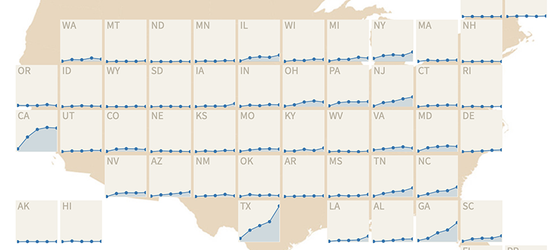Stolen Unemployment Benefits: How to detect and resolve this form of identity theft
Download the PDF: Stolen Unemployment Benefits: How to detect and resolve this form of identity theft Download the PDF of state resources: State Unemployment Insurance Fraud Resources and Links Fraudsters are taking advantage of the COVID-19 crisis to file false unemployment claims using stolen identity information. It is a particularly ...


